We share our passion for science and long-term ecological research with school aged children, young adults, teachers, hikers, and other members of the general public through a combination formal and informal education and outreach initiatives. We develop curriculum kits and teaching materials, host field trips, and co-run nature camps.
Ongoing Education and Outreach Projects
SnowSchool
Each winter the Niwot Ridge LTER, the Wild Bear Nature Center, and the Winter Wildlands Alliance work together to bring elementary school children from the Boulder-Denver Metro area into the mountains for a day in SnowSchool. Over the past five years, more than 1,000 students in first through eighth grade have spent a day learning about snow science and the importance of snow through this partnership. Niwot graduate students help design teaching activities, many of which are now being taught across the country through the Winter Wildlands Alliance SnowSchool network. You can view an example of one such teaching activity, the Snowpack Dust Experiment, here.
Colorado Pika Project
Niwot pika biologist Dr. Chris Ray never misses a chance to teach people about pikas and climate change. Dr. Ray and her lab group are guide the Colorado Pika Project, a successful citizen science project that monitors pika populations across alpine ecoystems in Colorado. Dr. Ray and her team also teach field courses on pika ecology and population monitoring techniques for National Park volunteers and the general public.
Interpretive Trails At The CU Mountain Research Station
We offer three short, self-guided interpretive trails at the University of Colorado’s Mountain Research Station. These trails invite K-12 students* and their families, station users, and the general public to discover the science happening on Niwot Ridge.
Trail 1: Como Creek Riparian Zone - Learn about forest diversity, hydrology and aquatic ecology, our geomorphic setting, and our high-mountain watershed.
Trail 2: Subalpine Forest - Learn about our dynamic forests, biological interactions, and mammals— including how to identify their tracks and scat.
Trail 3: Research at the MRS - Learn about environmental monitoring, long-term data sets collected on Niwot Ridge, and the history of monitoring on Niwot Ridge.
*Organized K-12 school outings should contact the Station Manager in advance.
Recent Education and Outreach Projects
Mountain Research Experience for High School Students
In partnership with CU Science Discovery and Nature Kids/Jóvenes de la Naturaleza, 14 high school students spent a week living at the Mountain Research Station, working with Niwot researchers, and learning what it takes to do field science of all kinds.
Ecology Nature Camp
Six Niwot graduate students who took the outreach and communication practicum put their skills into practice via a collaboration between Wild Bear Nature Center and the Niwot Ridge LTER. Niwot graduate students, staff, and technicians took children ages 10-15 into the field for four hours on each of nine Wednesdays during the summer to demonstrate field techniques and teach about topics including Pika biology, water chemistry, climate data, limnology, subalpine forest ecology, phenology, and chickadee biology.
Forests and Field Research Experience For High School Students
In partnership with CU Science Discovery and Cal-Wood Education Center, high school students spent a week living at the Cal-Wood Education Center, exploring a variety of STEM fields by studying the recent Cal-Wood and Marshall Fires. The goal was to develop an understanding of how and why the fires burned and what needs to be done to restore the forest. This program, which ran from 2022-2024, combined field science, outdoor recreation activities and restoration service projects.
Educational Materials
My Water Comes From the Rocky Mountains
Written by environmental educator Tiffany Fourment, this book takes children on an illustrated journey from the snow on the Continental Divide to the water in their faucet tap.
My H2O Kit
We developed a Curriculum Guide to My Water Comes from the Mountains, by Tiffany Fourment. This guide includes lessons, ideas for water-wise sustainability in the classroom and community, and offers ways for teachers to grow their environmental education teaching skills.
Colorado Mammals Classroom Kit
Niwot Ridge LTER and the University of Colorado Museum of Natural History designed a curriculum kit for 4th grade classrooms to accompany our schoolyard book. The kit, “Adaptation and Variation in Colorado Mammals”, helps teach early evolution literacy concepts. The kit and its curriculum have been adopted by the Boulder Valley School District, was used in 26 classrooms at 9 schools in 2017-18 (~650 students), and will be used in over 80 classrooms in the 2018-19 year.
set up a field trip for your class to visit Niwot Ridge!
We welcome requests from schools to do a field trip to the Mountain Research Station, and we try to accommodate all requests. In the 2017-18 school year, we introduced well over 200 middle and high school students to NWT research through field trips to the Mountain Research Station and lab tours on campus. Field trips give our graduate students a great chance to practice their communication skills, while sharing their research with the next generation of ecologists.


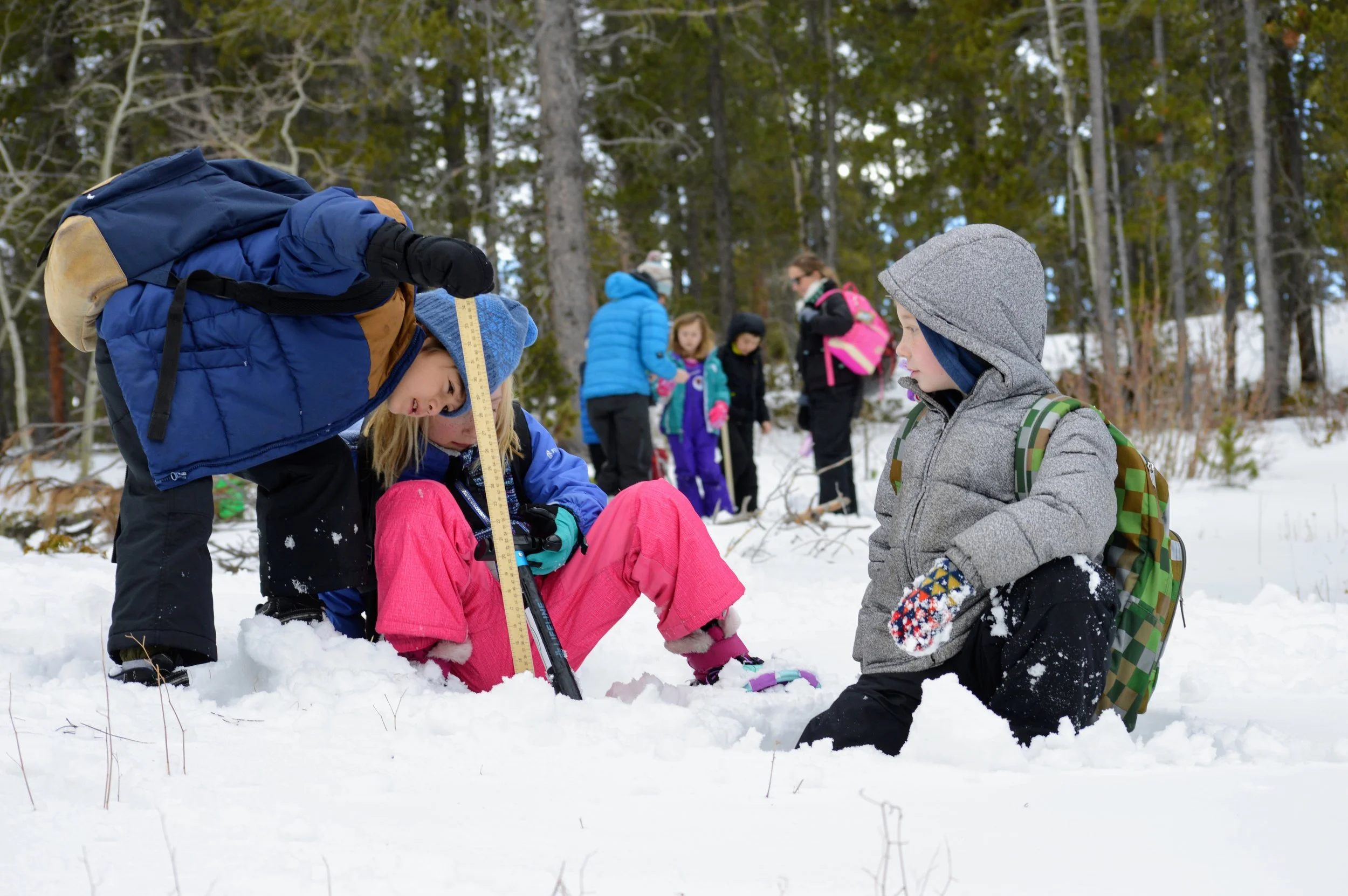

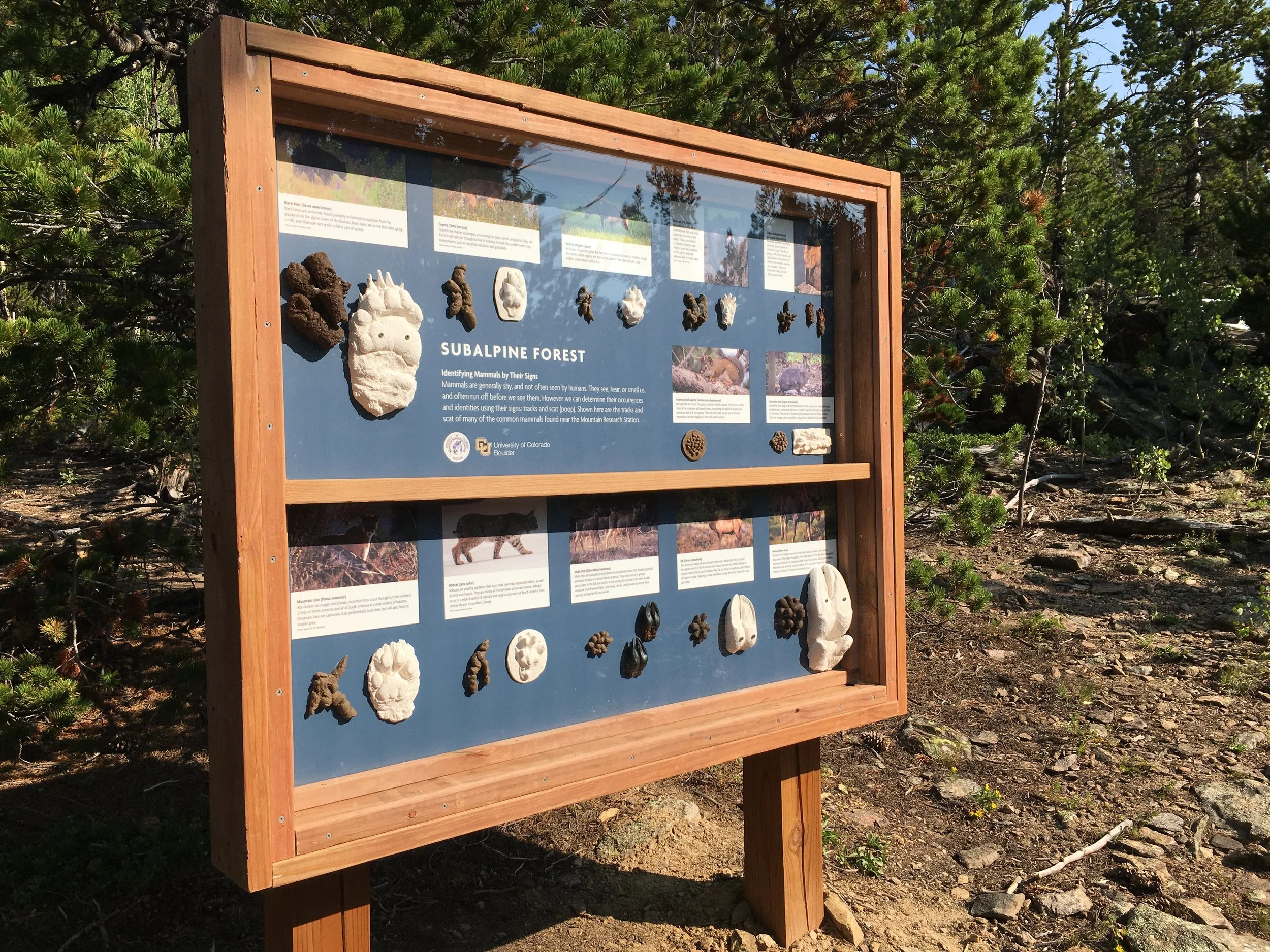
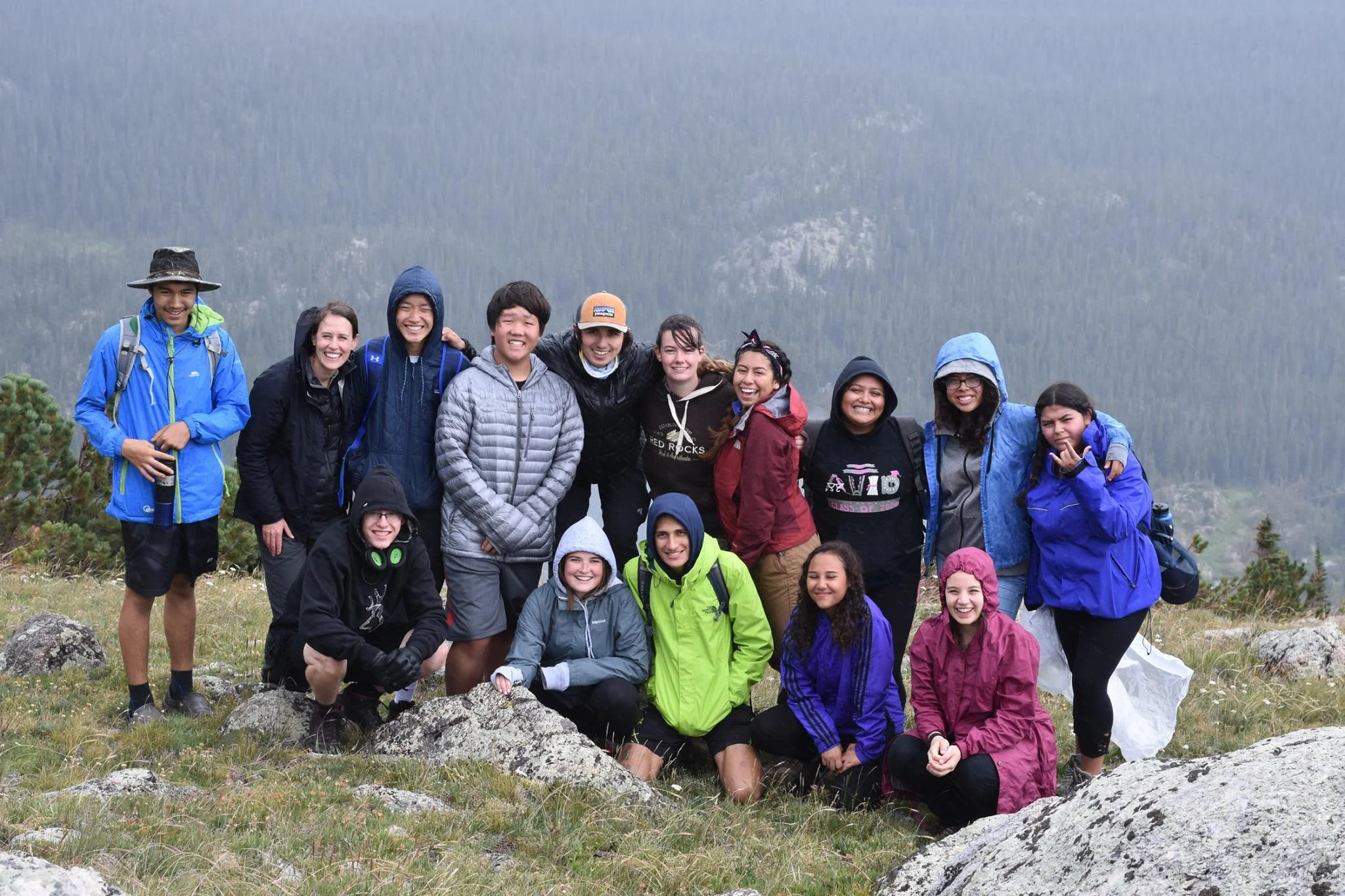

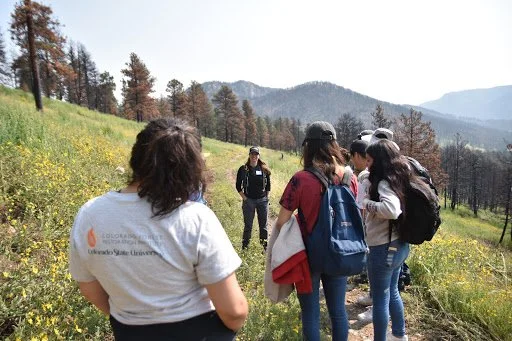
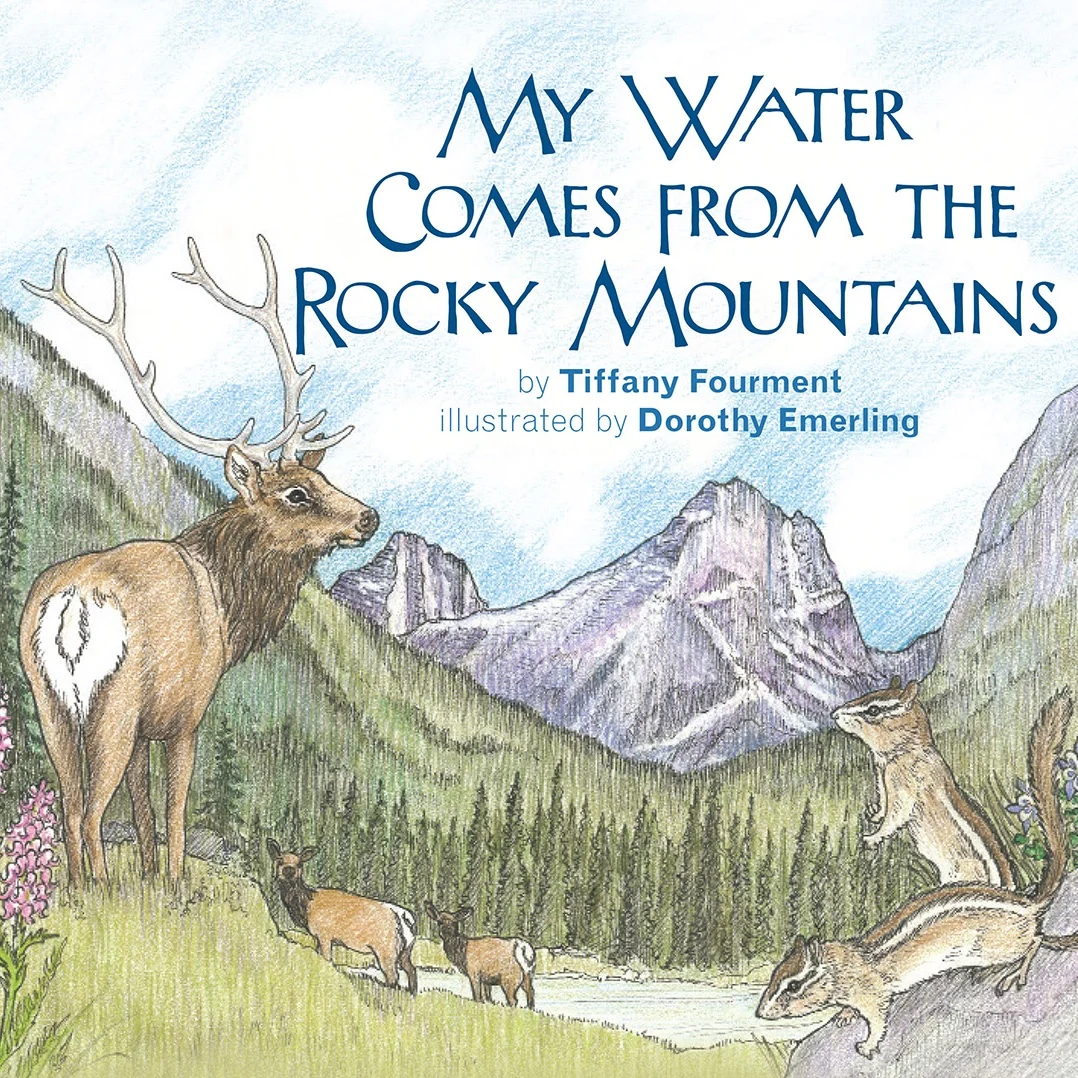
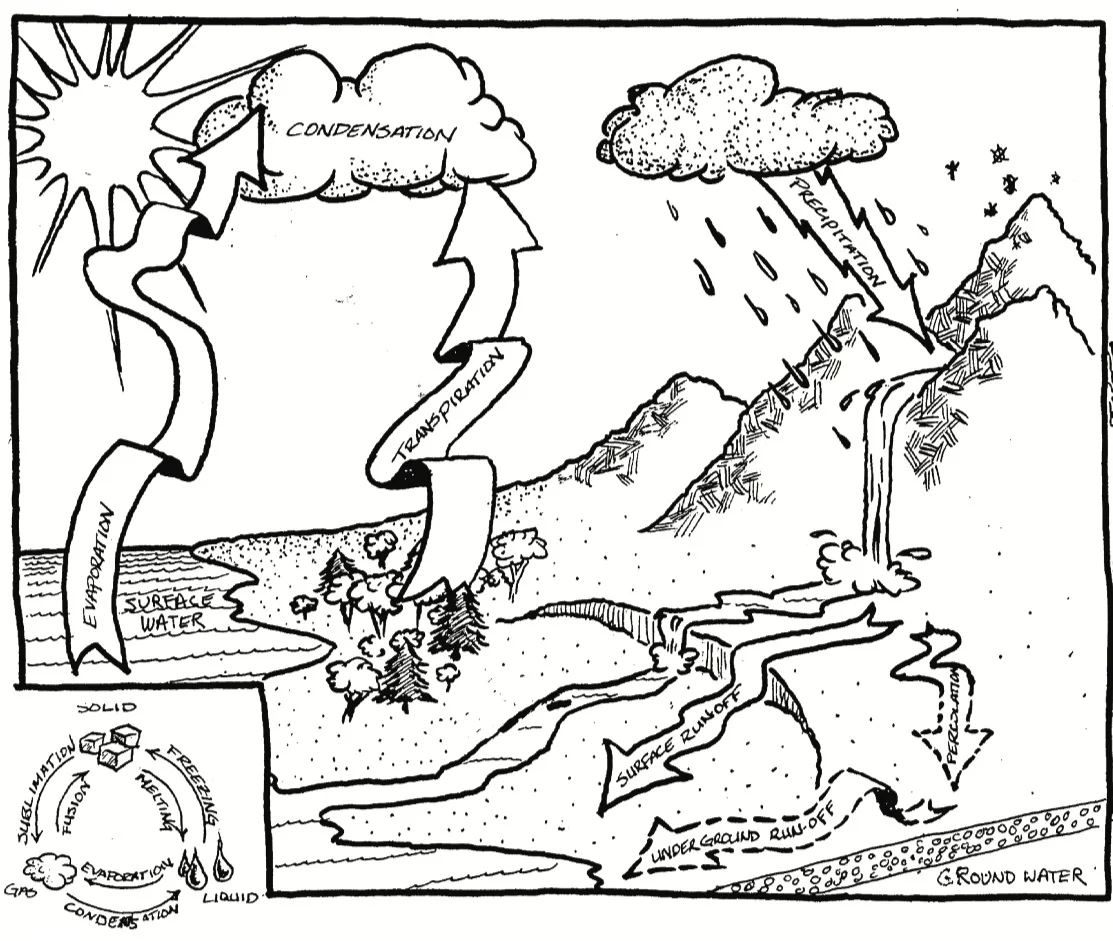

![IMG_4127[1].JPG](https://images.squarespace-cdn.com/content/v1/5c4f6792ec4eb7c7c4186cc0/1554929160215-8LVWLW74GCQGICHLUO4G/IMG_4127%5B1%5D.JPG)